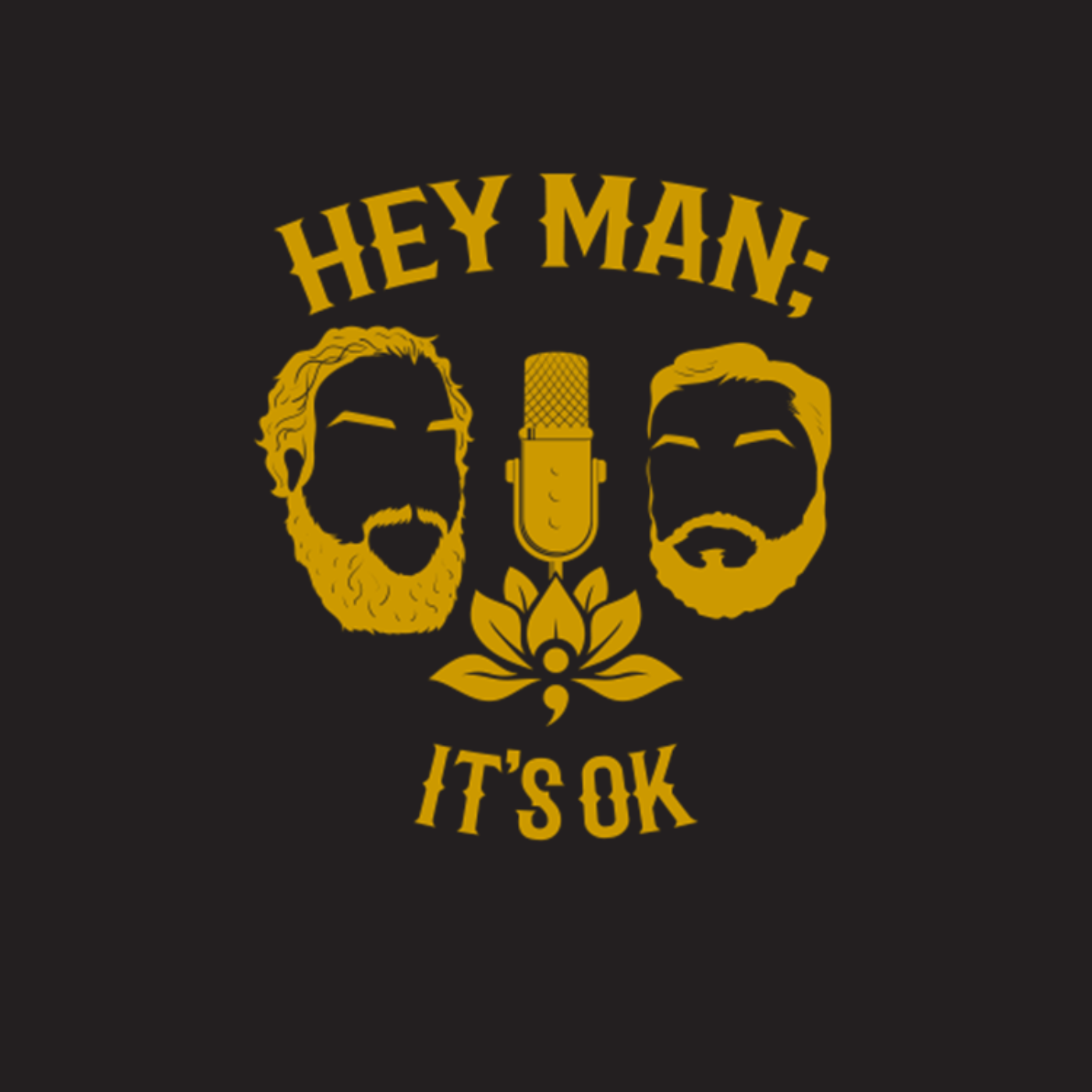
Touched Out! A Mental Health Podcast for Parents
Welcome to Touched Out! A Mental Health Podcast for Parents, where we explore the profound intersection of mental health and parenthood through raw, unfiltered, and emotional conversations. Hosted by Carter, a fellow parent navigating the challenges of mental health, this podcast provides a genuine look into the realities of parenting and self-care.
Subscribe to the Touched Out! YouTube channel for behind the scenes and bonus content: www.youtube.com/@touchedout
www.TouchedOut.com
Theme music written and performed by Ben Drysdale ©2025: www.bendrysdalemusic.com
Touched Out! A Mental Health Podcast for Parents
Overcoming Postpartum Depression | Ali's Journey to Finding Balance in Motherhood
Welcome to Episode 18 of Touched Out! A Mental Health Podcast for Parents.
Today, we are joined by Ali, short for Alexandra, to explore the challenges and triumphs of motherhood, with a focus on finding balance and overcoming postpartum depression.
Journey Through Clinical Depression
Ali opens up about her diagnosis with clinical depression in 2010, sharing her personal journey and shedding light on the stigma that often surrounds mental health issues.
Challenges of Motherhood
Motherhood brought its own set of challenges for Ali. She shares her experiences with colic, pelvic floor trauma that left her unable to walk or run, and the isolation she felt due to her husband's night shifts and her discomfort in discussing her struggles with friends and family.
Reaching Out for Help
A pivotal moment in Ali's journey was when she realized she needed help and requested a mental health care plan and anti-depressants from her GP. This decision underscores the importance of seeking intervention when needed and not hesitating to ask for support.
Finding Balance in Motherhood
Ali discusses her recovery journey, which involved a combination of medication, regular therapy, and help from a sleep consultant, Kate Gillan. She emphasizes the importance of setting realistic expectations, finding balance, and the role of professional support in her recovery.
PANDA (Perinatal Anxiety and Depression Australia): A Support Network
Ali shares her involvement with PANDA (Perinatal Anxiety and Depression Australia) as a community champion. She talks about how PANDA supported her after the birth of her second baby, highlighting the importance of support networks for new parents.
Coping with COVID-19 Lockdowns
Reflecting on the impact of COVID-19 lockdowns, Ali discusses how her children became afraid of anyone other than her and her husband. This segment highlights the broader effects of the pandemic on family dynamics and children's social behaviors.
The Power of Small Habits
Ali emphasizes the importance of self-care, sharing how small habits and mindfulness played a significant role in her early parenthood journey. Simple actions like buying a comfortable robe or enjoying a hot drink during night feeds helped her maintain her mental well-being.
Information for Expectant Parents
Advocating for better information av
Thanks for listening to Touched Out: A Mental Health and Parenting Support Podcast.
If you enjoyed this episode, please like, subscribe, share, and leave a rating and review. Your support helps others discover their new favorite parenting and mental health podcast.
Connect with Us:
Drop a comment on Spotify if you have any questions or thoughts. You can also visit The Touched Out Website to leave a voice message or contact me via email. If you are interested in being a guest on Touched Out you can access the guest form HERE
Get your official Touched Out! Merch HERE
Donate to Touched Out! HERE
Spoony App:
All of the friends, None of the fear. A safe space for neurodivergent, chronically ill and disabled people to make friends and find support. Download the Spoony App HERE
*This is not a paid promotion
Theme music written and performed by Ben Drysdale ©2025: www.bendrysdalemusic.com
Today we have Allie. Allie is 35 and she's got three and one year old daughters. How you doing?
Beautiful. Thank you so much for taking the time to be. With me today.
Thank you for. Having me, you're more than.
I graduated in 2009. So what's that 14? Years coming up.
Very good and I understand your husband is a police officer, is that? Right.
Yeah. Beautiful. How long has he been?
You're you're allowed to save you somewhere. I think in parenting.
I work in. Youth justice. So it's a pretty high stress. Role but.
I'd hope you'd have some sort of mental health support and. A job like that.

